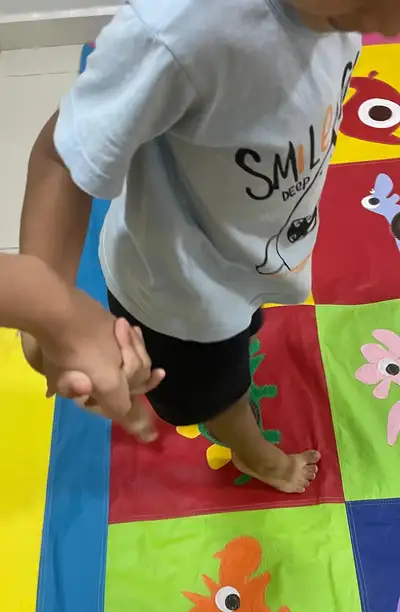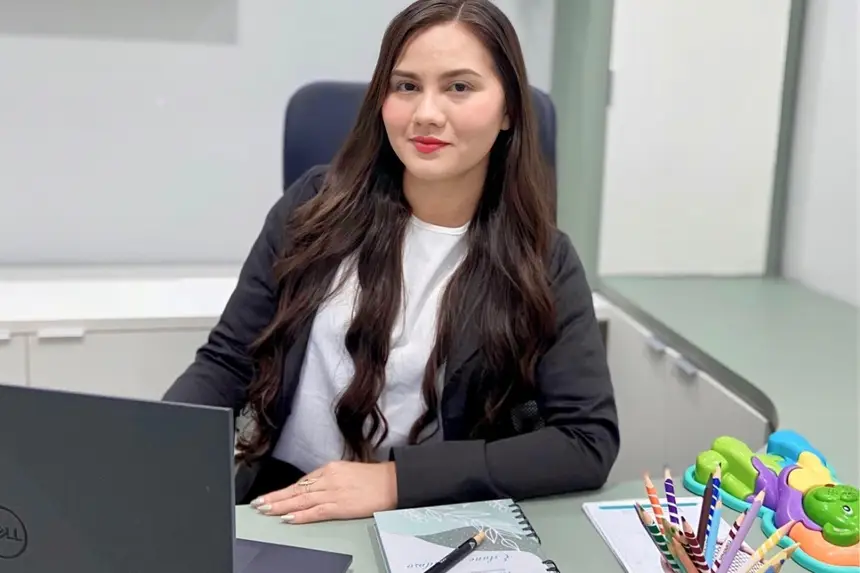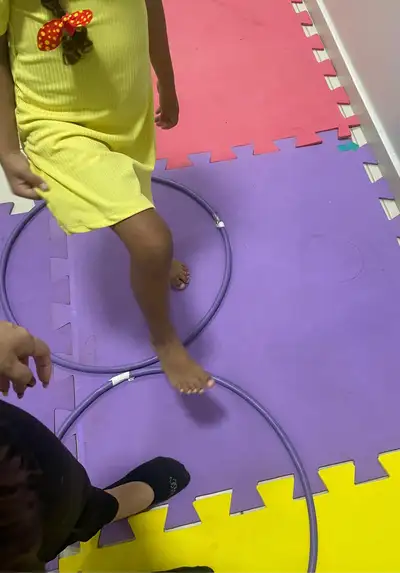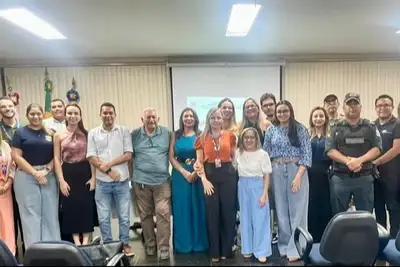Movement is inclusion: Tucuruí Polyclinic uses physical activity as an ally in treatment
Interventions are based on Applied Behavior Analysis (ABA), using a playful, functional, and child-centered approach

When the body learns to move, life gains rhythm. At the Lago de Tucuruí Polyclinic, physical activity is more than exercise — it is an essential tool for the development of children with Autism Spectrum Disorder (ASD).
Located in the southeast of Pará, the unit of the Government of Pará, managed by the Institute of Health and Social of the Amazon (ISSAA), in partnership with the State Department of Public Health (Sespa), offers care with physical educators, 100% free, humane, and focused on the individual needs of each patient.
At the Autism Spectrum Disorder Care Center (Natea), physical educators conduct sessions planned for much more than muscle strengthening. Each movement is designed to organize the body, stimulate speech, improve attention, and open doors for social interaction, promoting global and integrative development.
For treatment, movement is synonymous with inclusion, progress, and hope. Physical educator Erlane Cardoso observes that before speaking or writing, every child needs to develop basic motor skills, such as balance, strength, and coordination.

"In autism, it is common to find difficulties in these areas. Adapted physical activity helps to work on all of this in a playful and structured way. While we strengthen the body, we provide tools for the child to participate more in social life," she explains.
In addition to motor gains, the classes create opportunities to follow rules, share spaces, and interact. "Each planned game is a chance to learn to wait, share, and communicate," the professional adds.
Regular practice also helps reduce anxiety, aggression, and sensory crises. During activities, the release of neurotransmitters such as endorphins and serotonin promotes well-being and aids in emotional self-regulation.

Individualized care
Currently, about 40 children participate in these activities every month at Natea in Tucuruí, totaling approximately 160 individualized sessions. All work is carried out in conjunction with occupational therapists, psychologists, speech therapists, and doctors. "This configuration allows for a more targeted intervention, respecting the time, neuropsychomotor, sensory, and behavioral profile of each user," said the professional.
Each child has a Singular Therapeutic Plan (PTS), developed from a multiprofessional assessment, which serves as a guide to define objectives and monitor progress.
The individual model allows for the application of evidence-based strategies, with greater control of environmental variables, favoring the establishment of therapeutic bonds and the patient's responsiveness to proposals. Furthermore, this approach promotes greater accuracy in data collection and continuous monitoring of the goals established in the PTS," reinforced the physical educator.
How to participate
The adapted physical activity service is offered exclusively to users served by Natea. To gain access, families go through the internal regulation flow of the unit, which includes assessment and diagnosis before the start of multidisciplinary follow-up.
Service:
The Lago de Tucuruí Polyclinic is a public unit of the Government of Pará, with completely free services.
Address: Avenida Raimundo Veridiano Cardoso, nº 1008, Santa Mônica neighborhood, Tucuruí – PA.
Service hours: Monday to Friday, from 7 am to 6 pm.
Management: Institute of Health and Social of the Amazon (ISSAA), in partnership with the State Department of Public Health (Sespa).
Text by Roberta Paraense









